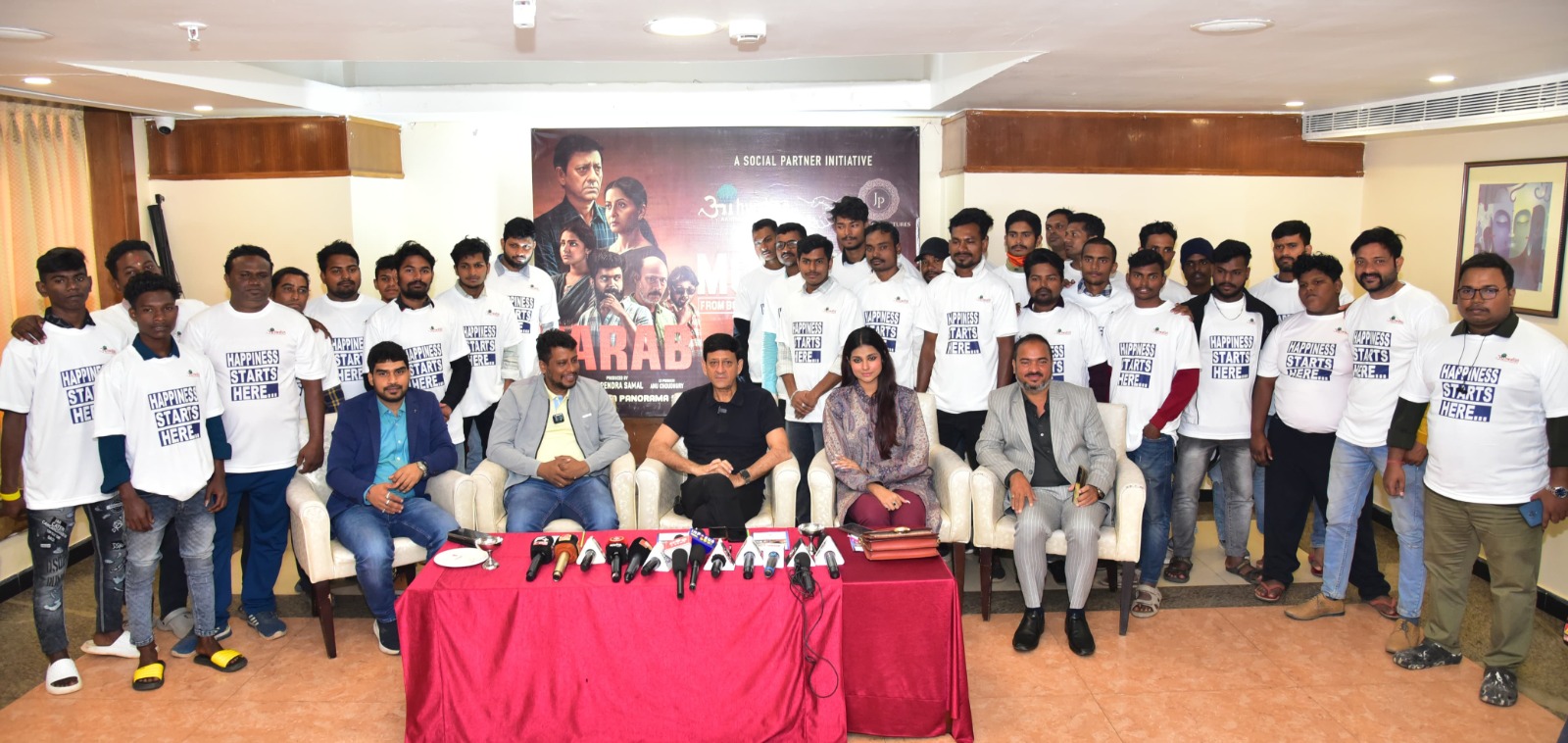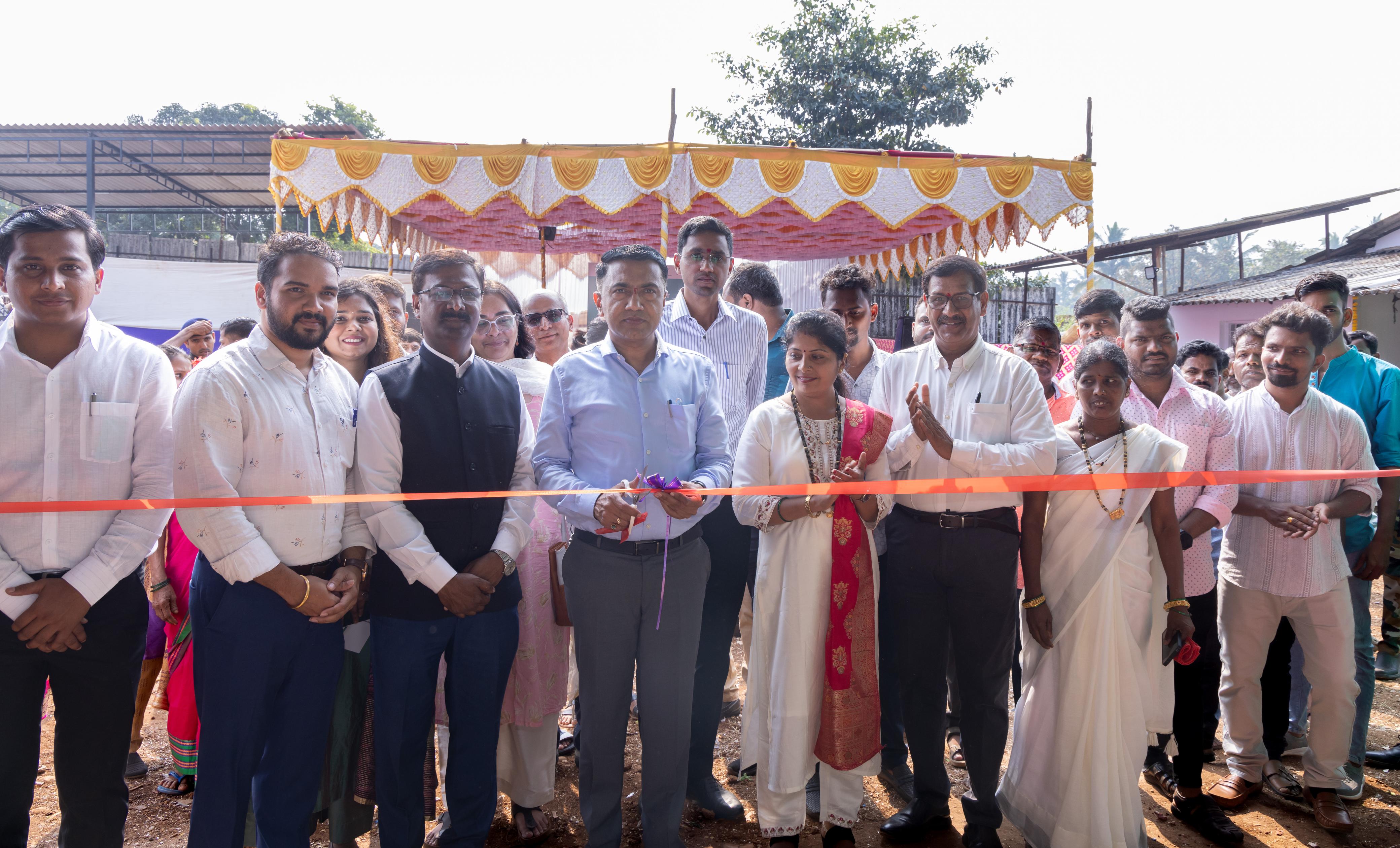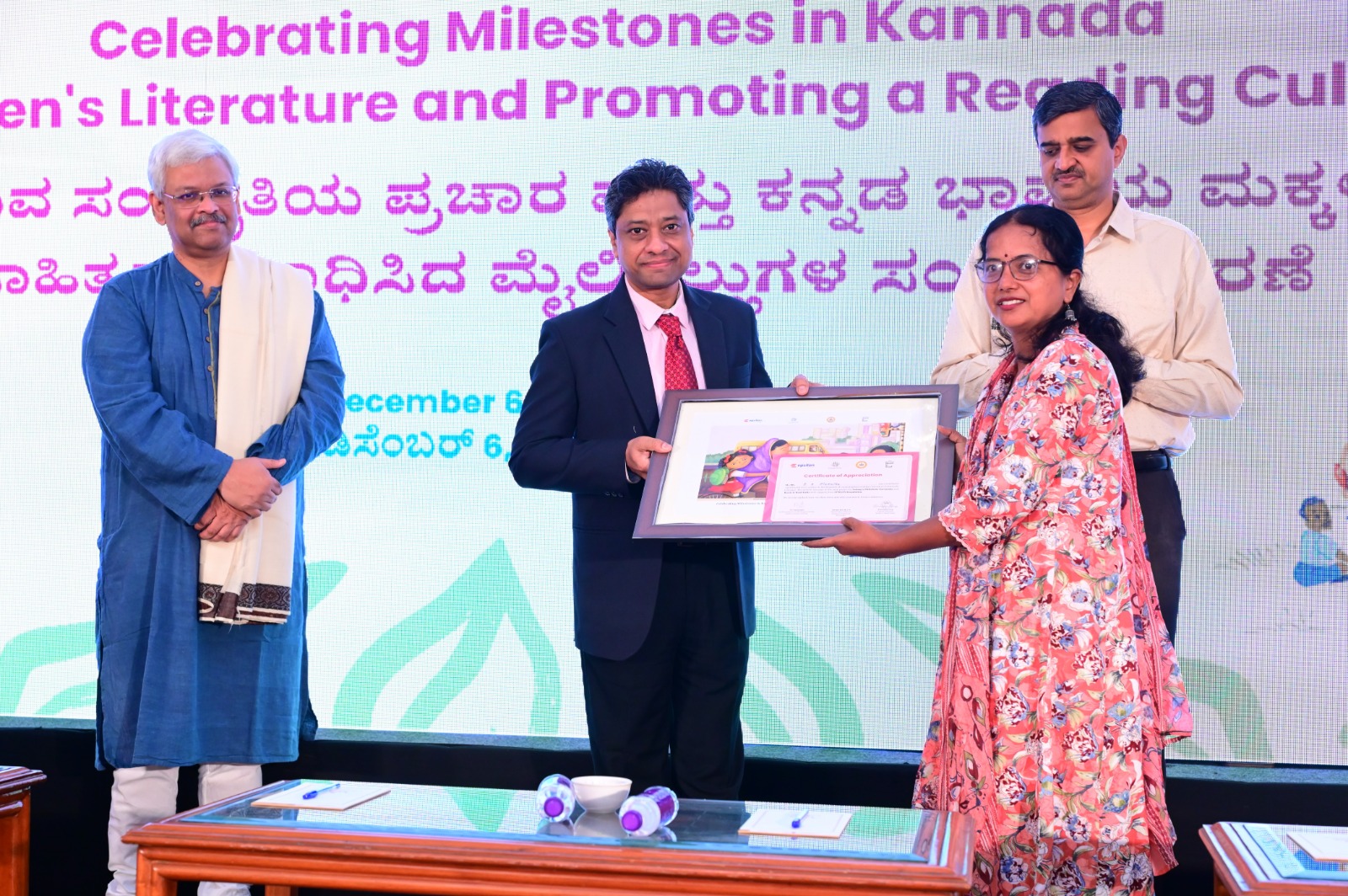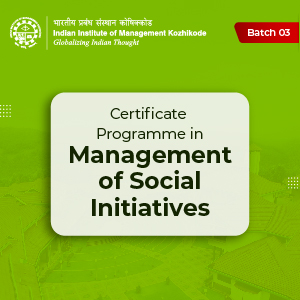National Consultation Pushes for Budgetary Prioritization of Universal Early Childhood Development (ECD)
By FORCES
December 2, 2024
Forum for Crèche and Childcare Services (FORCES) and The Alliance for Right to ECD jointly organized a National Pre-Budget Consultation in New Delhi to discuss key budgetary and policy priorities for Early Childhood Development (ECD) in India. The event, held at the Constitution Club of India, brought together academicians, researchers, and practitioners to discuss budget related challenges and explore solutions.
The consultation began with an address by Ms. Chirashree Ghosh, National Coordinator, and FORCES, who highlighted that a collaborative approach is critical to understanding ground realities and addressing policy gaps effectively. She emphasised that there is a need to ensure that budgetary provisions are robust and comprehensive for children under six years of age – who represent 13% of the country’s population.
Dr. Protiva Kundu, Research Lead at the Centre for Budget and Governance Accountability (CBGA), presented a study titled ‘Strengthening Evidence for Investing in Early Childhood Development (ECD) in the Union Budget.’ It assessed the status of ECD investments, highlighted gaps in budgetary allocations, and advocated for increased funding. It highlighted that while the overall child budget increased from ₹80,349 crore in 2019-20 to ₹1,09,921 crore in 2024-25, its share of the Union Budget fell from 3.0% to 2.3%. Dr. Kundu also noted the under-expenditure of funds and called for a study to estimate the budget needed for universalising ECD.
The presentation was followed by a panel discussion chaired by Prof. Praveen Jha, Professor of Economics at the Centre for Economic Studies and Planning (CESP), emphasising constitutional and policy enablers for prioritising ECD, like Article 45, which mandates ECD for all children under six as well as the Union Government’s Universalisation of Elementary Education Programme that funds the ECD scheme and ensures widespread access to early education.
Prof. Venita Kaul, member of FORCES and Professor Emerita (Education) at Ambedkar University Delhi, highlighted that India already has several provisions in the Union Budget addressing the needs of children under three. These provisions span health, nutrition, responsive care, and opportunities for early learning. Health-related schemes include antenatal care facilities, Janani Shishu Suraksha Karyakram, and the National Health Mission, among others. Nutrition programs such as ICDS supplementary nutrition, Pradhan Mantri Matru Vandana Yojana, and Saksham AWC & Poshan 2.0 play a significant role. Early learning opportunities are supported by initiatives like ECCE under ICDS and Samagra Shiksha.
Prof. Kaul also emphasised gaps that need to be bridged, like the lack of safe and stimulating outdoor play spaces and child feeding and childcare areas, mother-and-child play programs, and discourse on the impact of climate change on young children.
Talking about the budget allocation for Anganwadi Centers (AWC), which are critical contributors to childcare and ECD in India, Mitali Nikore, Economist with 12+ years of experience, pointed out that Saksham Anganwadi and Poshan 2.0 – an Integrated Nutrition Support Programme – receives the largest share of the budget allocated to Anganwadi services, with ₹21,200 crore earmarked. However, this allocation is insufficient given India’s high rates of child wasting and stunting.
Dr. Sharad Pandey (Senior Research Associate at ResGov) provided a state-level perspective on budget allocations in Haryana, Karnataka, and West Bengal, noting that 13 states currently publish Child Budget statements, and 8 include detailed expenditure data.
This consultation was a critical step in advocating for universal ECD, ensuring government commitments lead to meaningful policy actions for India’s youngest citizens. The major observation from the consultation was that existing laws, policies, and programs offer ample opportunities to prioritize ECD if adequately funded.
Key suggestions that emerged from the sessions thus included increasing resource allocation for ECD, fostering inter-ministerial collaboration, and developing standardised indicators to guide ECD investments.
The consultation's actionable outcomes will be compiled into a report that is to be submitted to the Ministry of Finance ahead of the Union Budget session.
© Renalysis Consultants Pvt Ltd

.png)


.jpg)





